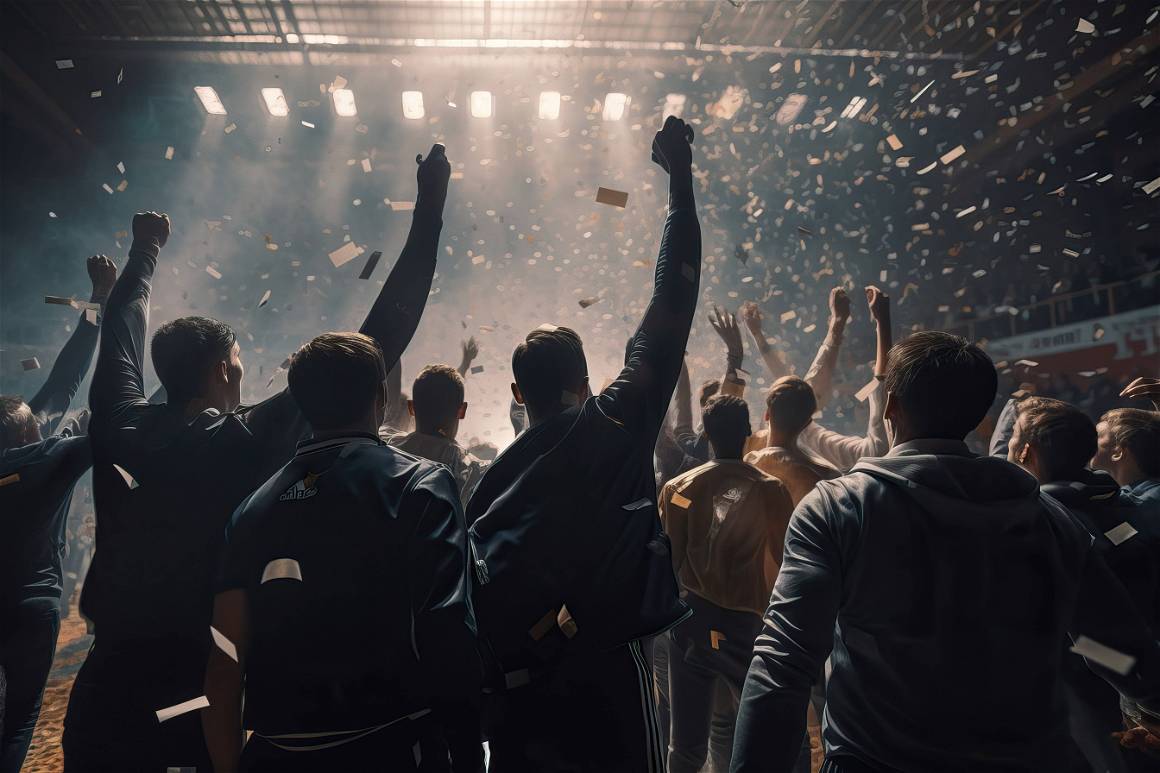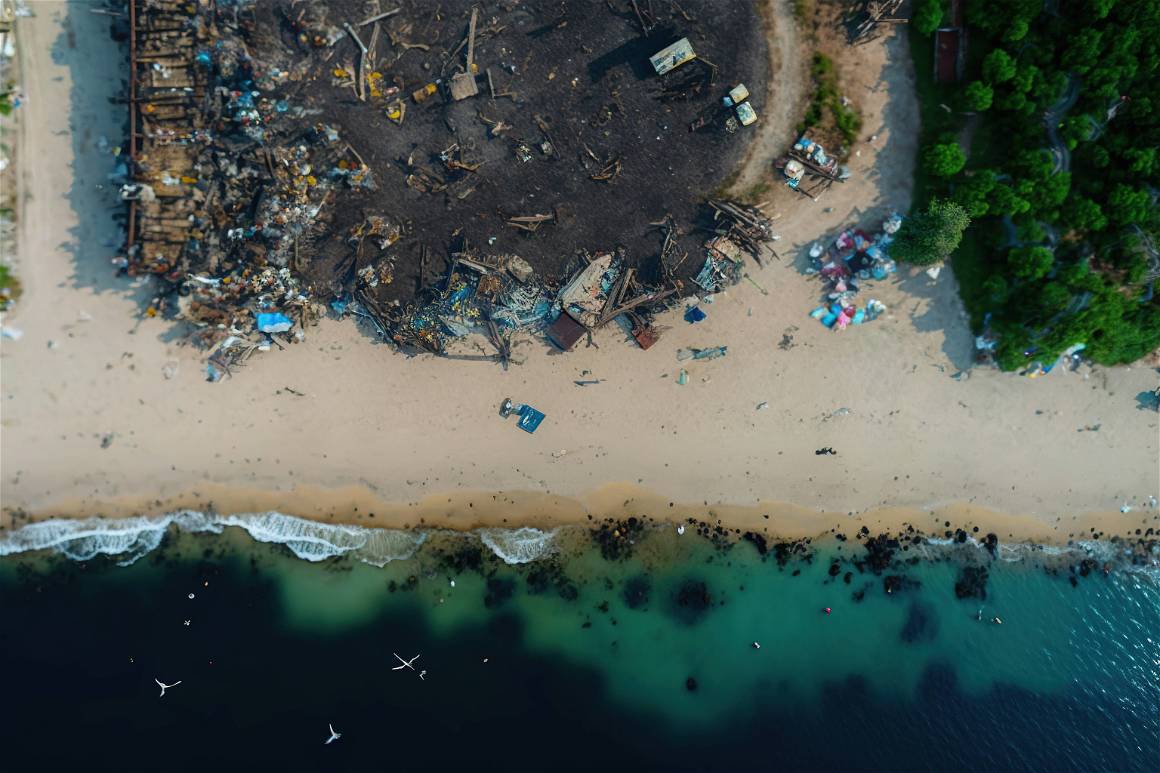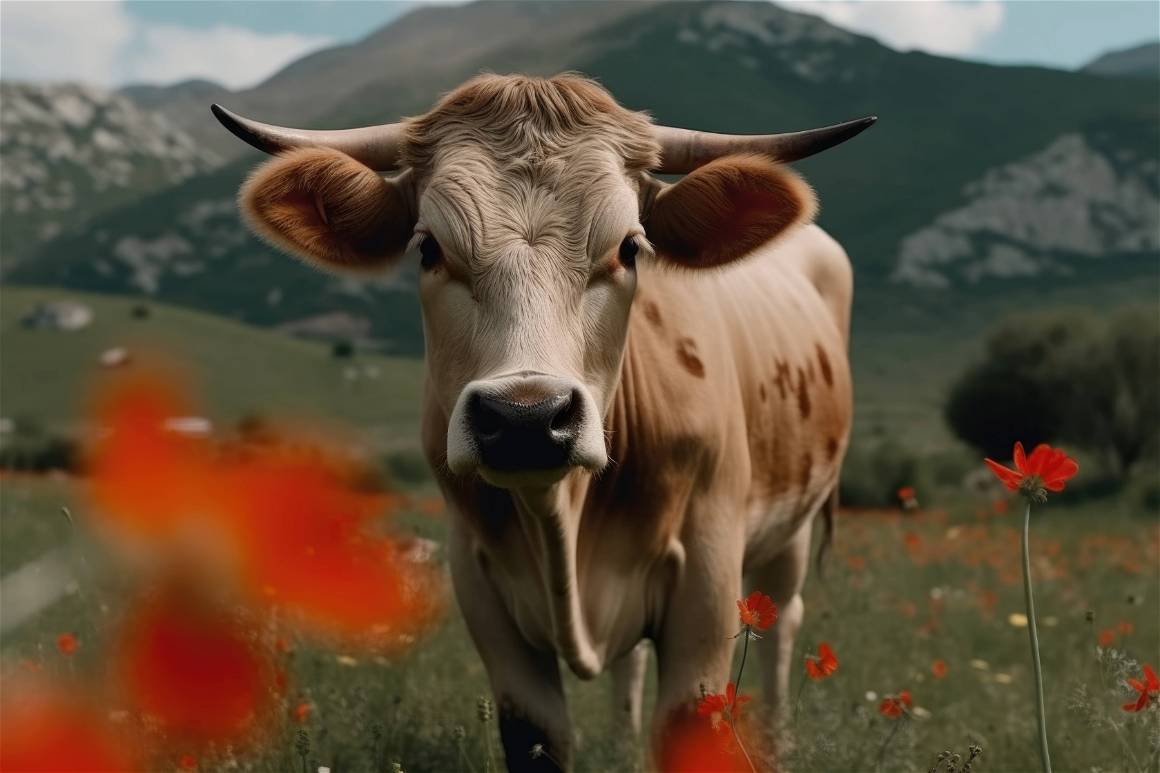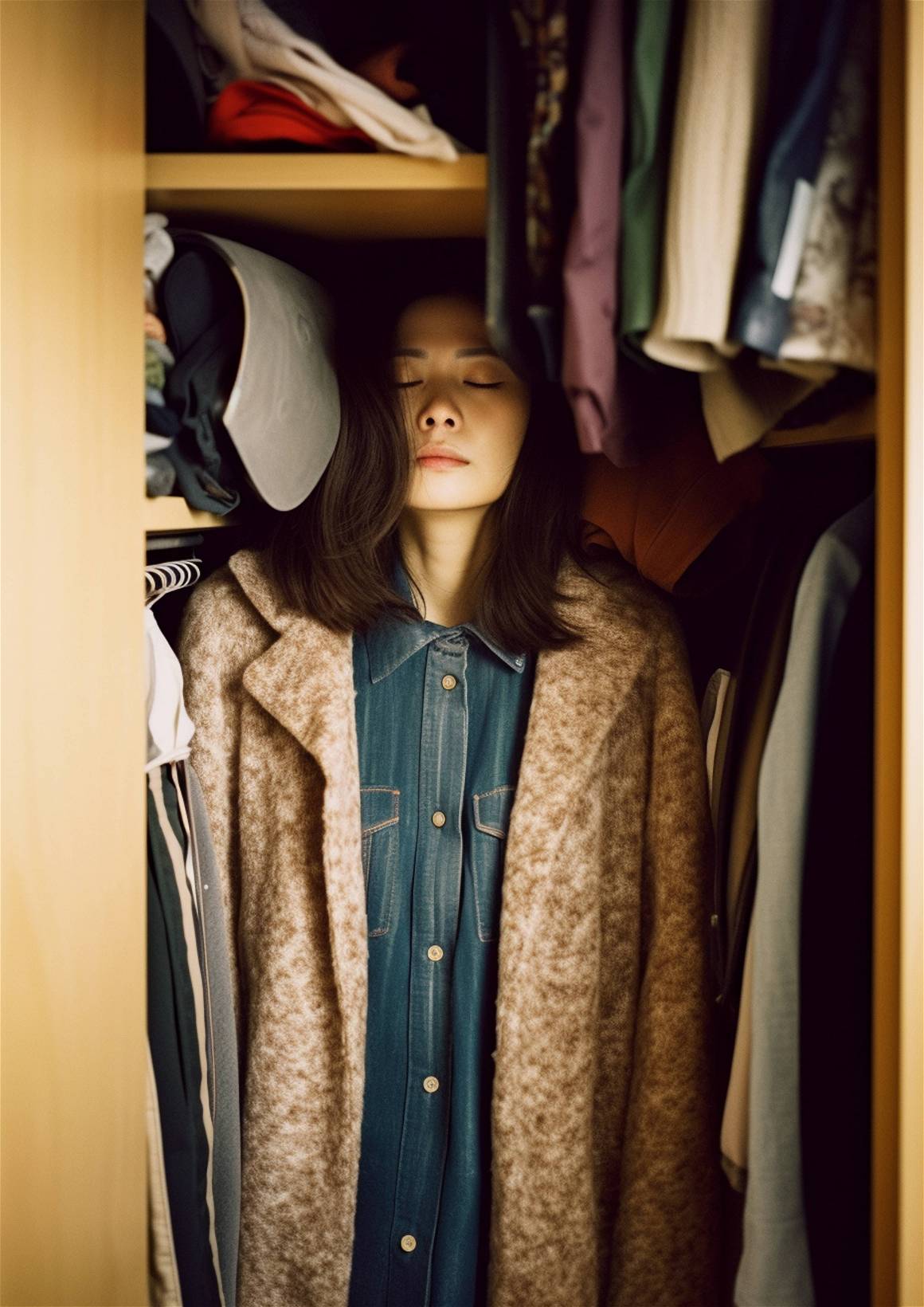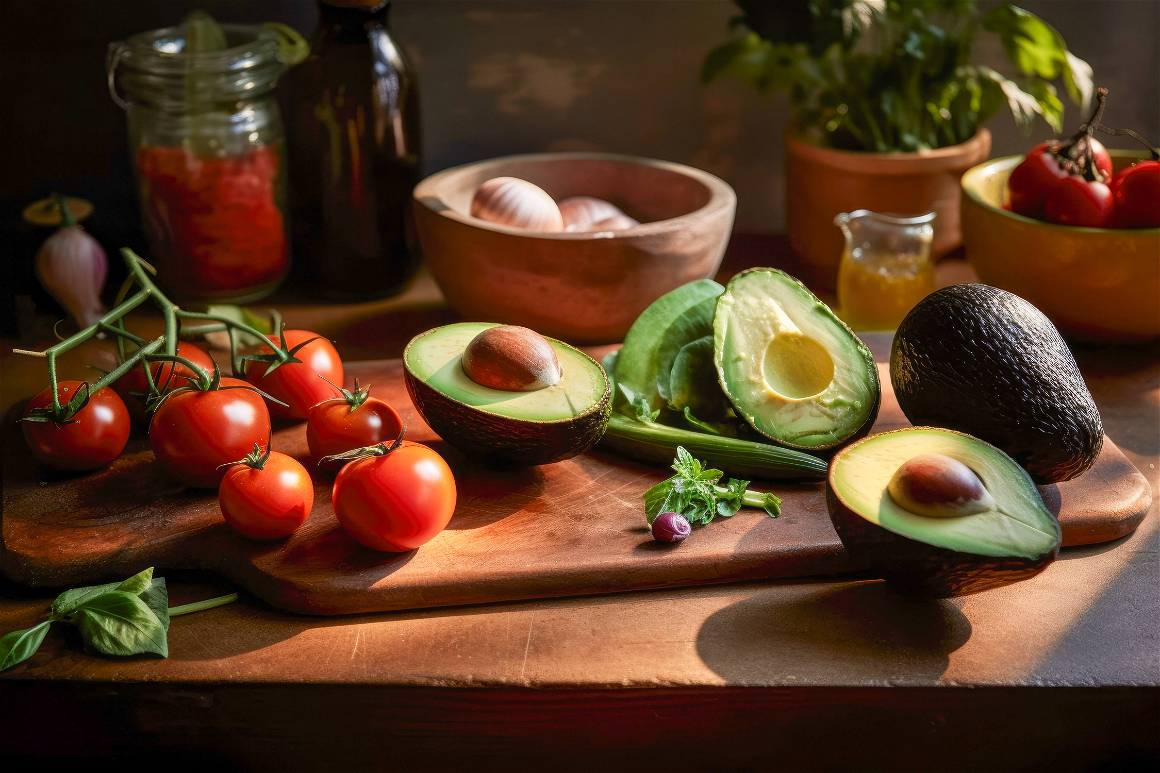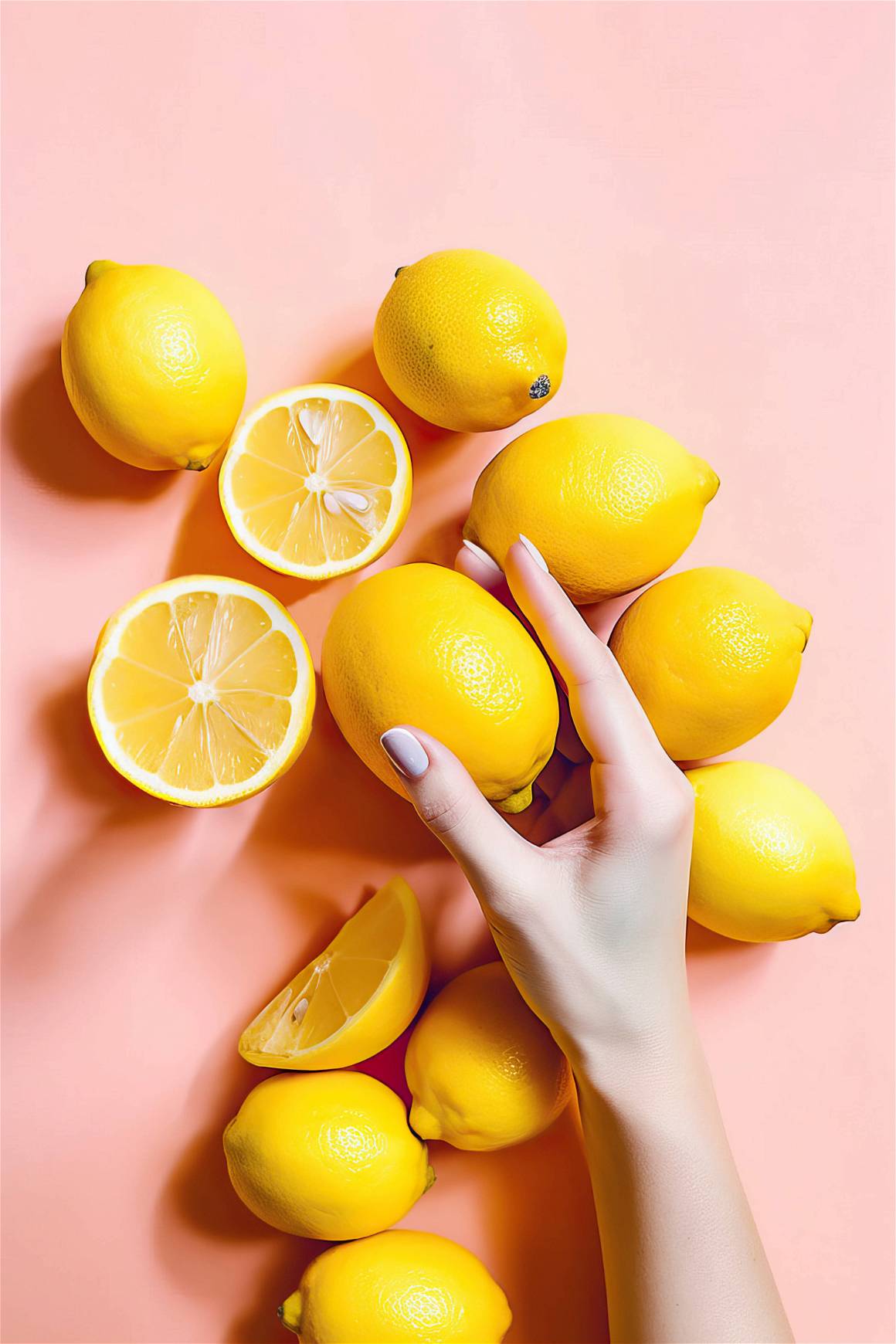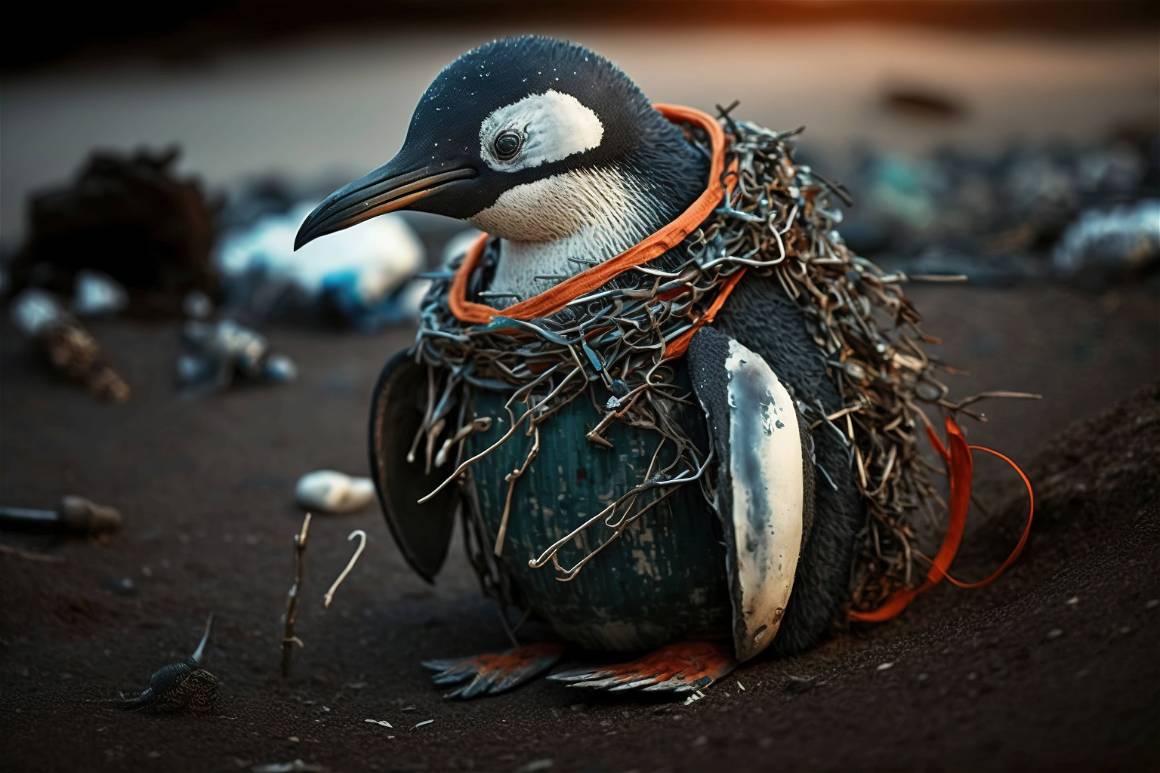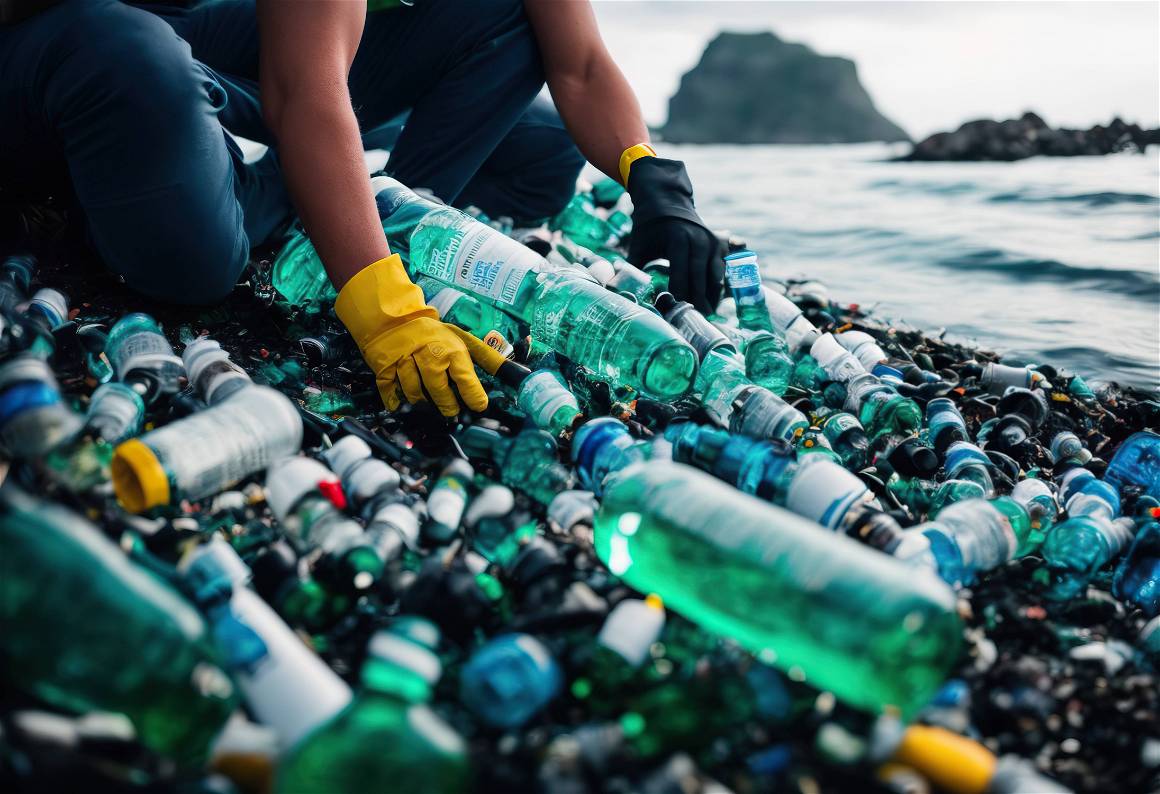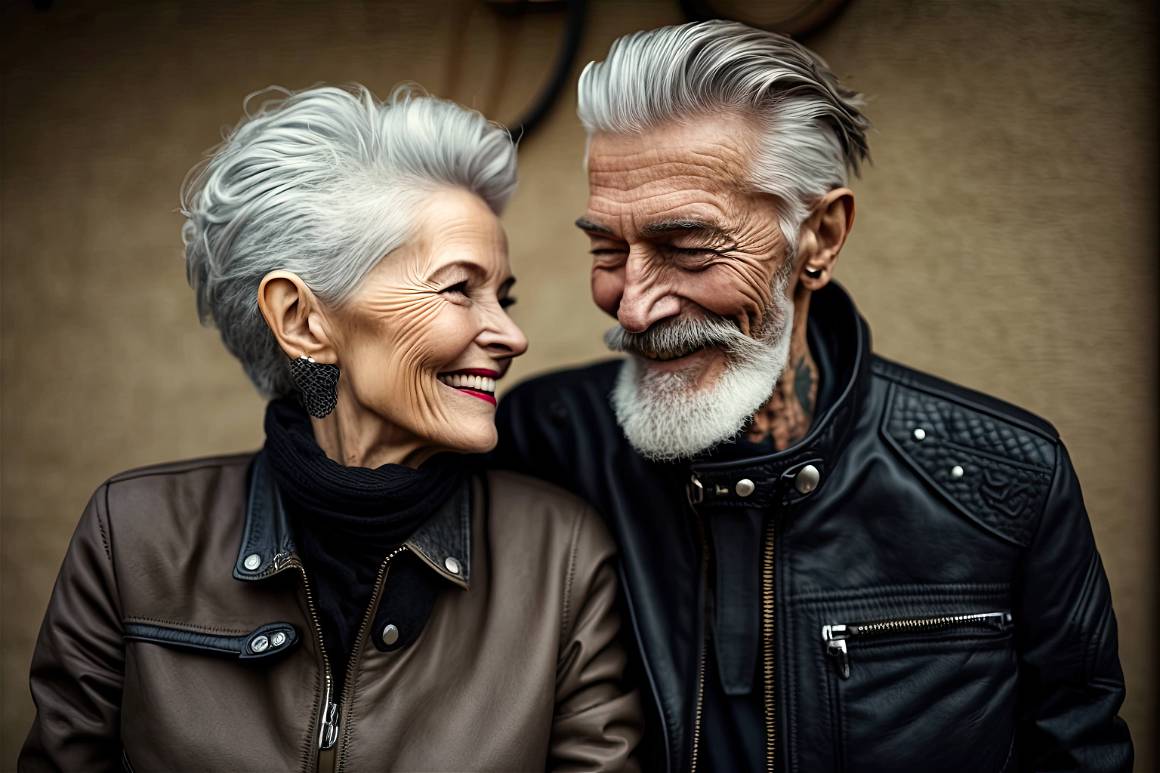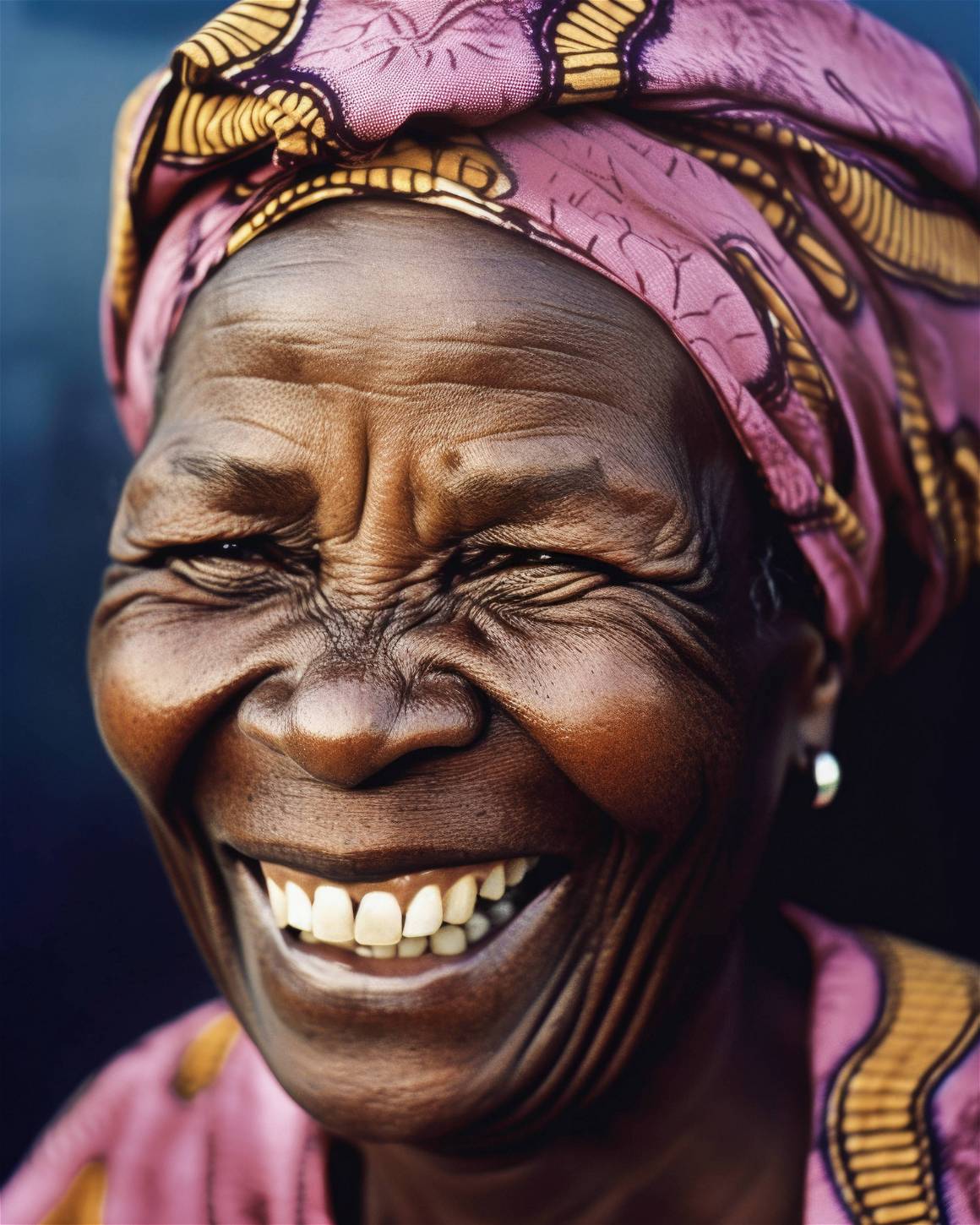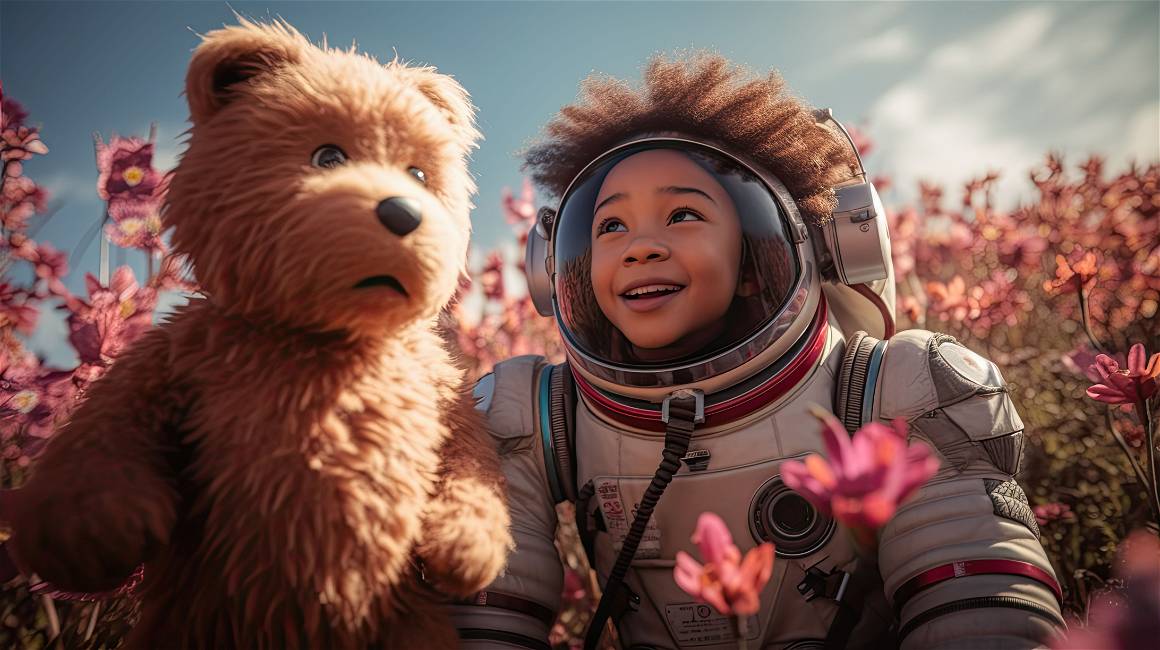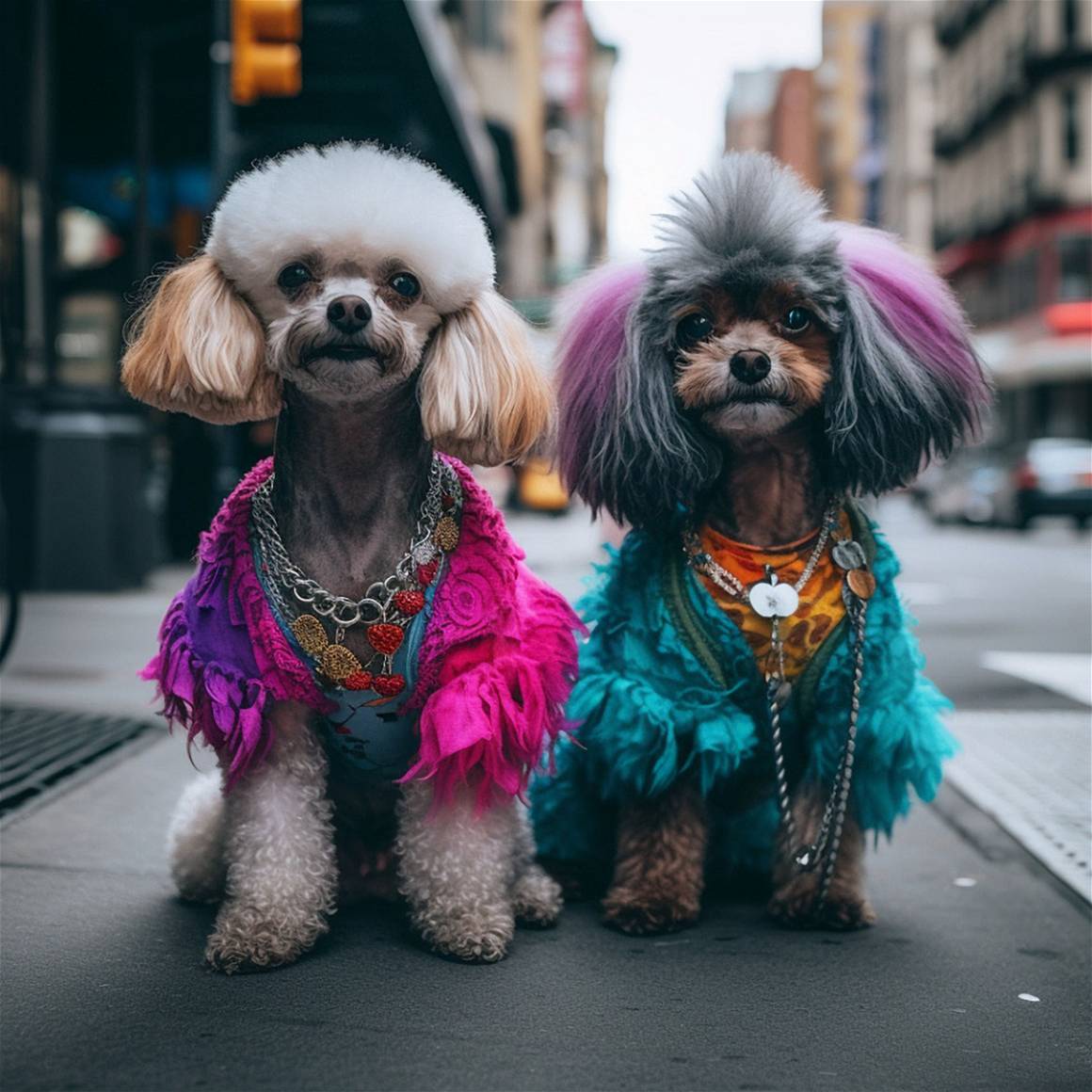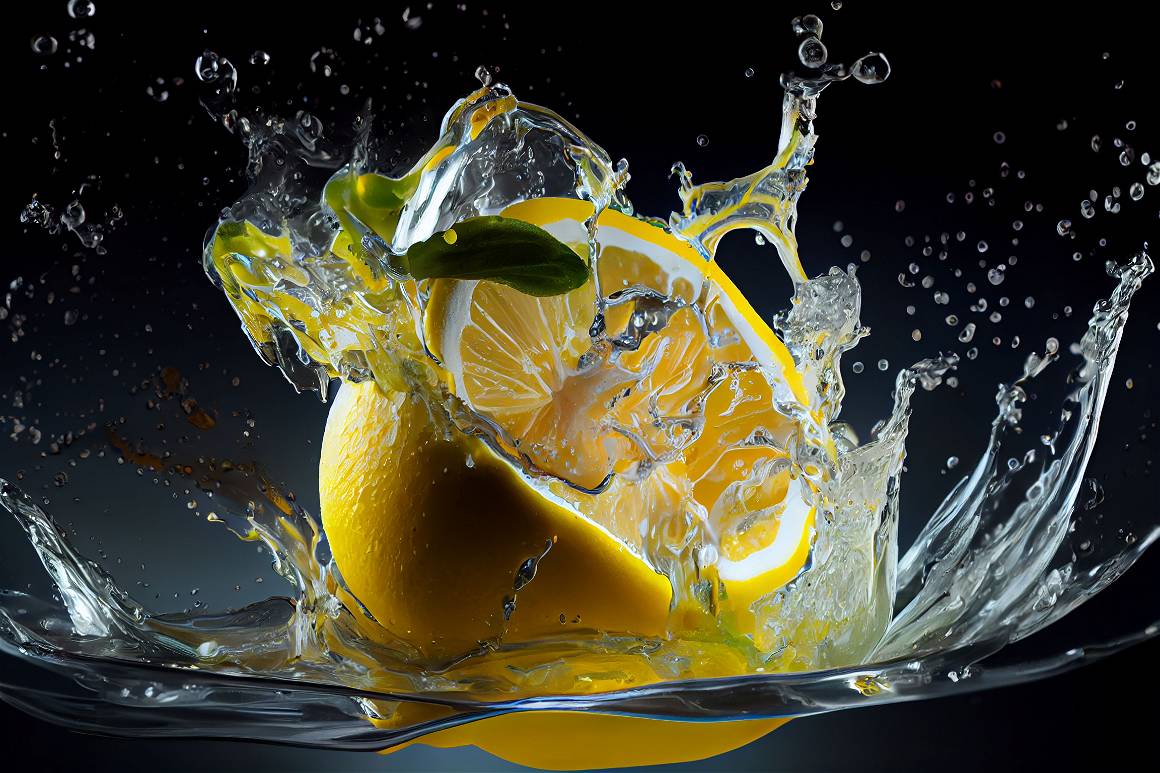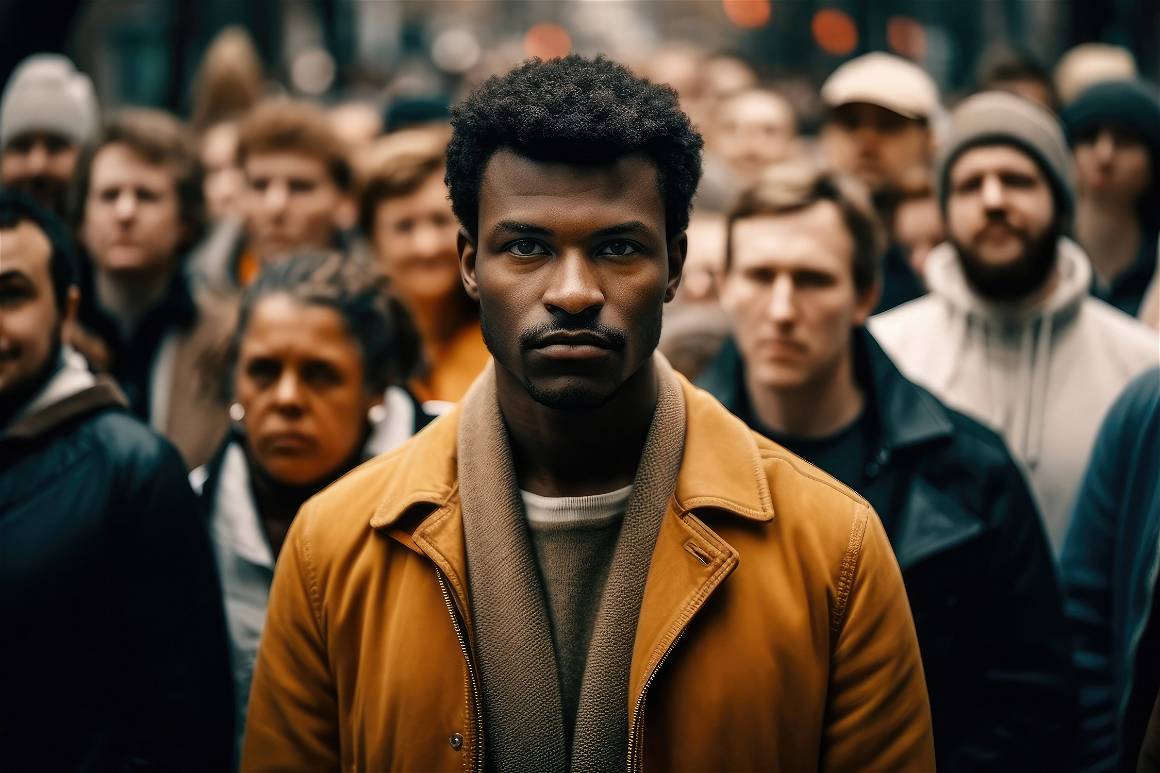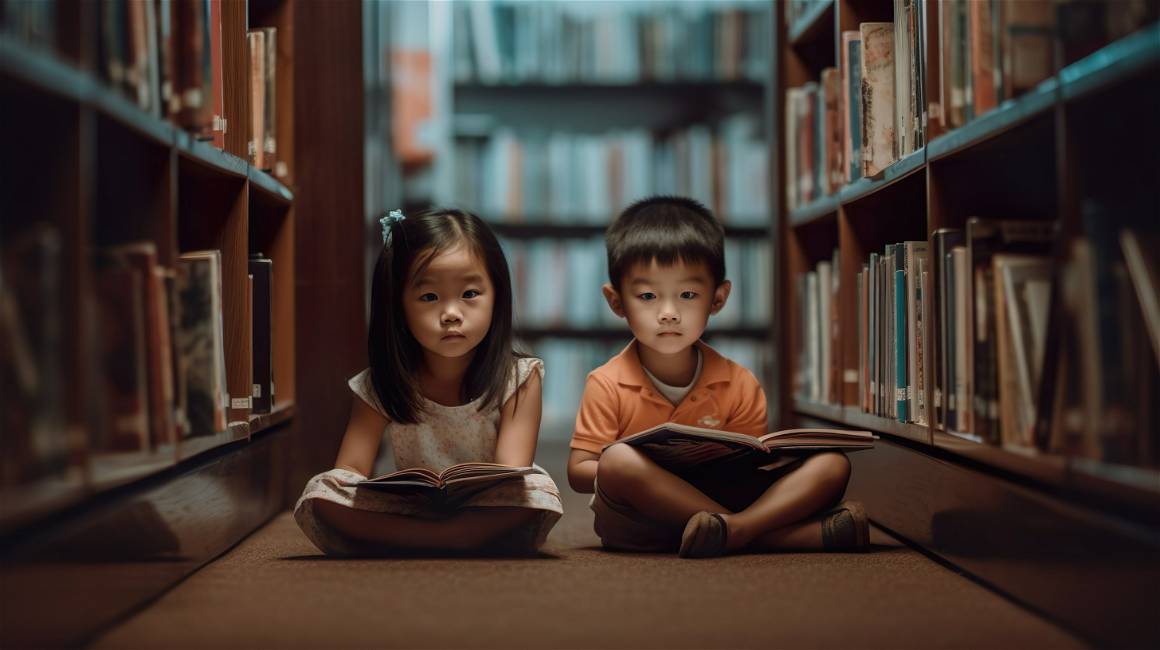Artificial Intelligence is revolutionizing the photography industry, and as this technology becomes more advanced, it raises many questions about how it will affect the photographers and the quality of their work. To shed light on this topic, The Game magazine interviewed Andrés Benedicto, Director of International Partnerships and Sports Content at IMAGO, Marcia Hyndman, Press & Communications Manager at IMAGO, as well as two of IMAGO's photographers, Jared Martinez and Richard Wareham.
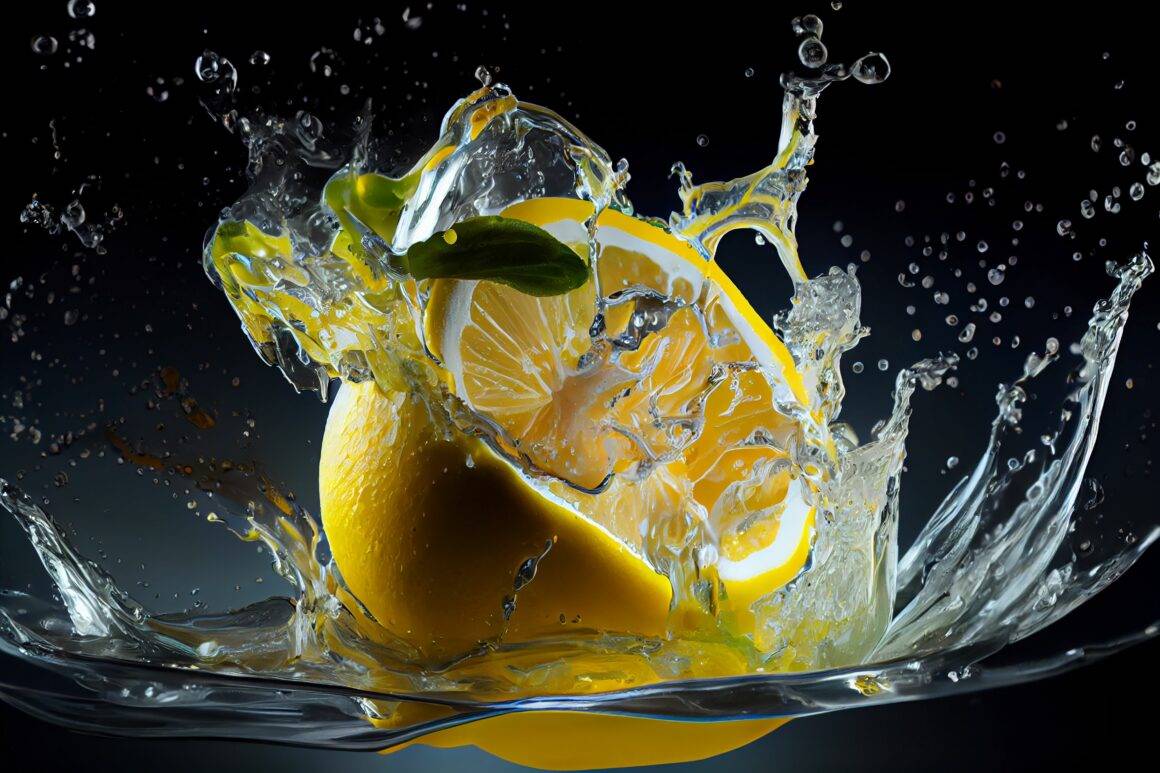
The Impact of AI on the Photography Industry
When digital cameras hit the market in the 80s, photographers were elated to bid farewell to the costly expenses of film and heavy equipment and to take unlimited photos without worrying about running out of films. A decade later, in the 90s, Photoshop reshaped the photography industry and ushered in a new era of editing. While some embraced the new technology, others were apprehensive about its impact on the authenticity of photos. The following decade brought with it high-quality camera phones and the emergence of social media, further revolutionizing the industry.
Now, AI is transforming the photography industry again, from image recognition to editing to composition. However, as with any new technology, many are wary of its potential impact on their work and livelihood. But what is AI exactly, and how should we deal with it in the photography industry?
What is AI?
Artificial intelligence may sound like a part of a science fiction movie, but it is real and rapidly developing and transforming our daily lives in countless ways. At its most basic level, AI refers to machines’ ability to learn and carry out tasks that would typically require human intelligence. This can range from recognizing images and speech to making complex judgments based on data.
While we’ve had programs and software to help with daily tasks in the past too, one of the key differences with AI is its ability to learn and adapt to what every person needs. Through a process known as machine learning, AI systems are able to filter through mountains of data in order to draw conclusions and act accordingly. Therefore, these distinctive features set the technology apart from those before it.
What Impact Does AI Have on the Photography Industry?
In the history of photography, AI is not the first technology to have an impact, but it has the potential to be the most significant development yet. Many have seen manipulated photos of well-known politicians and celebrities in unusual situations or dress codes, such as the fake images of former President of the United States, Donald Trump, running from police officers, or Pope Francis with a different outfit. The question of how artificial intelligence is altering photography and our perception of reality was brought to light by these images.
This concern continued with German photographer Boris Eldagsen, who won the Sony World Photography Awards in the creative, open category but refused to accept it and explained the photo was AI-generated. Eldagsen said: “We, the photo world, need an open discussion. A discussion about what we want to consider photography and what not. Is the umbrella of photography large enough to invite AI images to enter – or would this be a mistake?” This is not only a question for photography but also for other industries. However, how much will these changes affect the photography industry, and how should we deal with it?
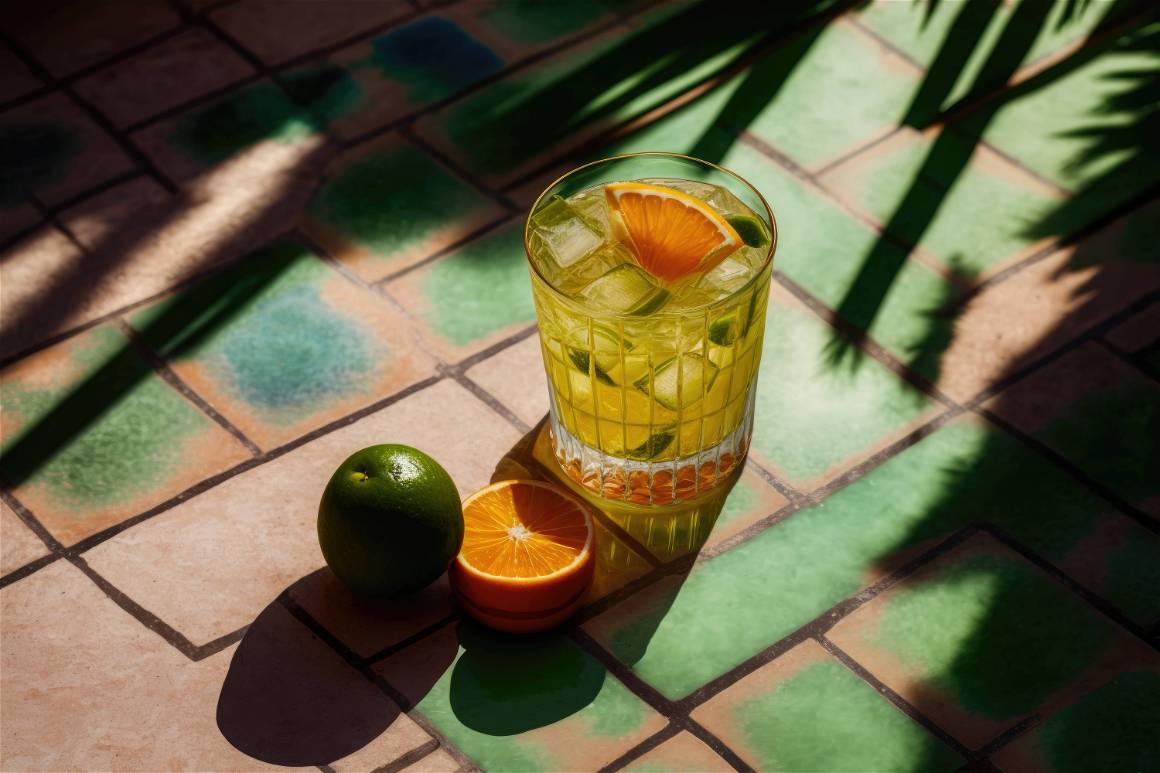
“How and to which extent AI will change the environment is still uncertain, but we are starting to see the first adjustments, and I am sure there will be a before and after in this regard. ” – Andrés Benedicto.
Andrés Benedicto, the Director of International Partnerships and Sports Content at IMAGO, believes AI is a game changer in the photography industry, and there will be a before and after of this innovation: “AI is going to be a game changer in the photography industry, and it will become very challenging. Same as the telephone or the internet changed how we understood the world, Artificial Intelligence will make agencies and photographers change how they approach and operate in this industry. How and to which extent AI will change the environment is still uncertain, but we are starting to see the first adjustments, and I am sure there will be a before and after in this regard.”
Andrés, who has been involved in the industry for over a decade, thinks adapting to this technology is also important: “As with all new technologies, it will bring positive and negative changes. How well and quickly we adapt to those is up to us.”
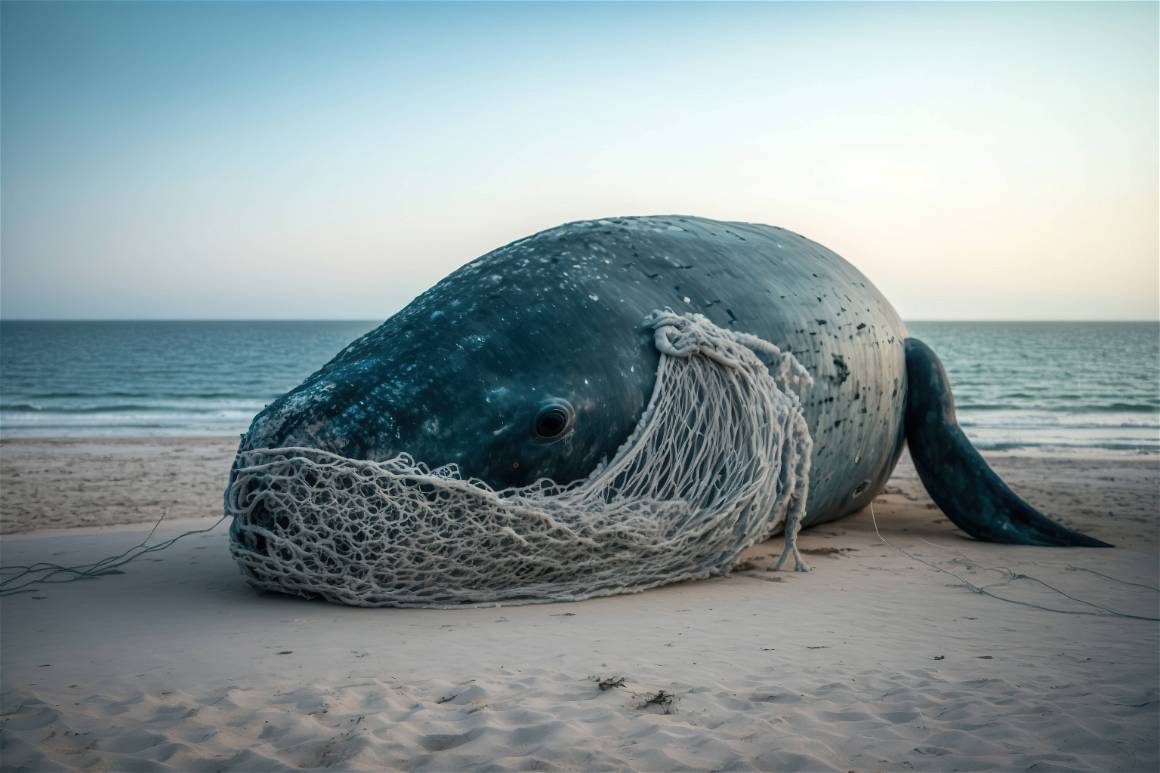
“ If we consider what it takes to take a picture and the creativity and individuality behind it, AI cannot replace these skills, but it can definitely be used as a tool to improve and expand the field. ” – Marcia Hyndman.
Artificial intelligence, in the opinion of Marcia Hyndman, the Press & Communications Manager at IMAGO, will alter photography: “AI will definitely change photography as we know it, but it should be seen as an opportunity and not a threat. If we consider what it takes to take a picture and the creativity and individuality behind it, AI cannot replace these skills, but it can definitely be used as a tool to improve and expand the field.”
Marcia, who has an artistic education and experience, thinks artists and photographers shouldn’t be scared to adopt new technologies: “Photography has always changed and will always change, let’s just think back to the introduction of smartphones. This is now the next step.”

Should AI be Used by Photographers?
As experts have pointed out, AI’s impact on the photography industry is undeniable. However, according to IMAGO’s recent poll, 67% of participating photographers are not considering utilizing any available AI technologies to enhance their photographs.
In response to this question, IMAGO photographers Richard Wareham and Jared Martinez provided detailed answers on their views regarding AI as a tool.
“ Never say never! ” – Richard Wareham.
“Never say never,” says Richard Wareham. He continues: “I am aware that this is not a black and white question. I have the feeling we could be facing what the music industry faced a few years ago.” He adds: “A straight ‘no’ illicit the response, I can spend hours in Photoshop playing with sliders or just press ‘auto contrast’ to get the same effect. The same with getting rid of dust bunnies. But these are not generative tools.”
“ AI is another tool for us photographers and creatives which can be used to enhance our offerings. ” – Jared Martinez.
The other OMAGO photographer, Jared Martinez, says although he needs to do more research for AI, he will definitely embrace and utilize it to enhance his offerings. Jared explains how he sees the new technology as a tool: “AI is another tool for us photographers and creatives which can be used to enhance our offerings. In my opinion, I am open to embracing it and figuring out how it can help me tell better stories.”
Jared, a sports photographer, predicts that this field of photography might not see the most changes: “In terms of changing the landscape of sports photography, I can’t see it replacing real photographers capturing the game-winning goals, shots, touchdowns, etc. But who knows what will happen; we will see.”
“In terms of changing the landscape of sports photography, I can’t see it replacing real photographers capturing the game-winning goals, shots, touchdowns, etc. ” – Jared Martinez.
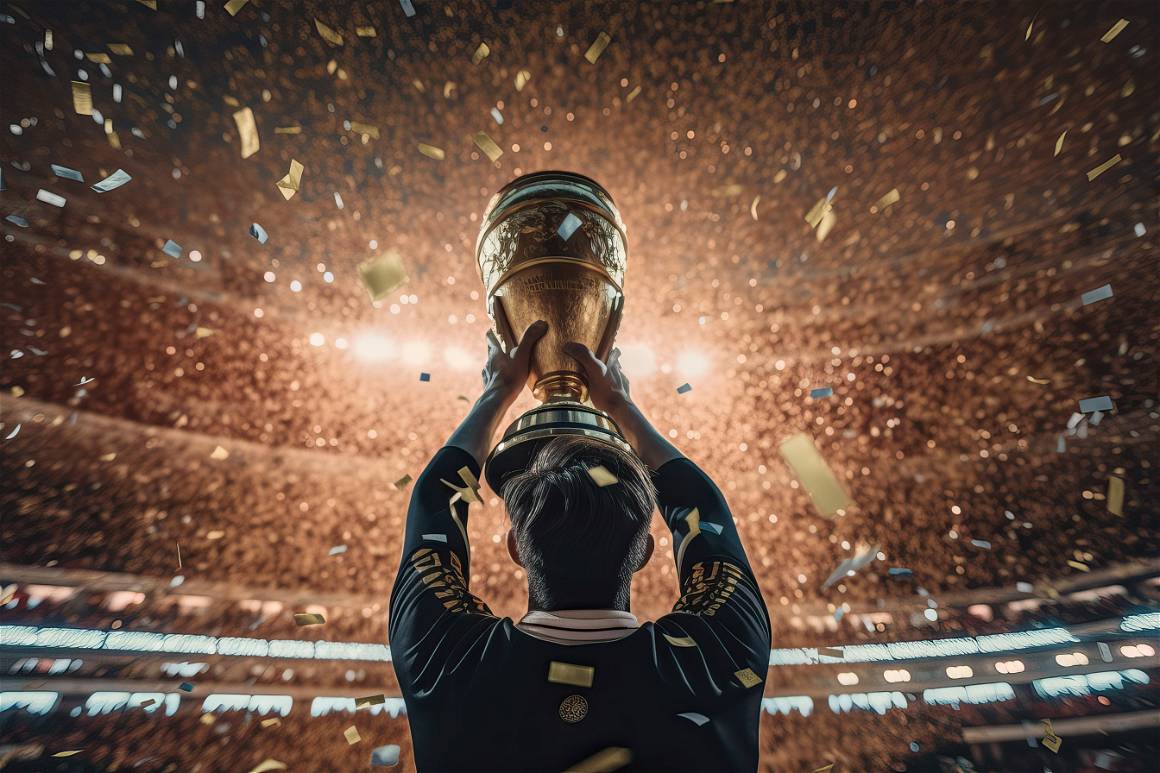

“I suspect that general stock photography will have a harder time. ” – Richard Wareham.
Richard, on the other hand, has done some research on AI and thinks there could be certain forms of photography that won’t suffer much from AI: “I do see that a lot of the market could fall away. Some areas will be ok. News and sport, for example. I also supply a specialist agency in the horticultural sector. There the market is so niche that I don’t foresee much disruption.”
However, Richard believes that other sectors will find it more challenging: “I suspect that general stock photography will have a harder time. I’m talking about images with a white background, cheesy shots of businesspeople in front of a whiteboard for example. For the buyer, AI also eliminates potential problems. For example, one of my best-selling images is a selfie taken in a period when I was down in the dumps. It sells a lot because it broaches sensitive subject matter and is ‘safe’ for the buyer. Fully model released the buyer doesn’t have any worries that the model will get huffy. Similarly AI models won’t get huffy because they don’t exist. With buyers being shown a cheaper or free choice with general stock imagery the question arises whether there is much point spending time and money producing such imagery.”
Richard believes that customers may face negative consequences and AI could eventually lead to less choice for the customer: “AI imagery is already looking a bit ‘samey’ in my eyes in the same way that a lot of stock photography became cheesy as producers bet on the safe imagery to cover the budget.”
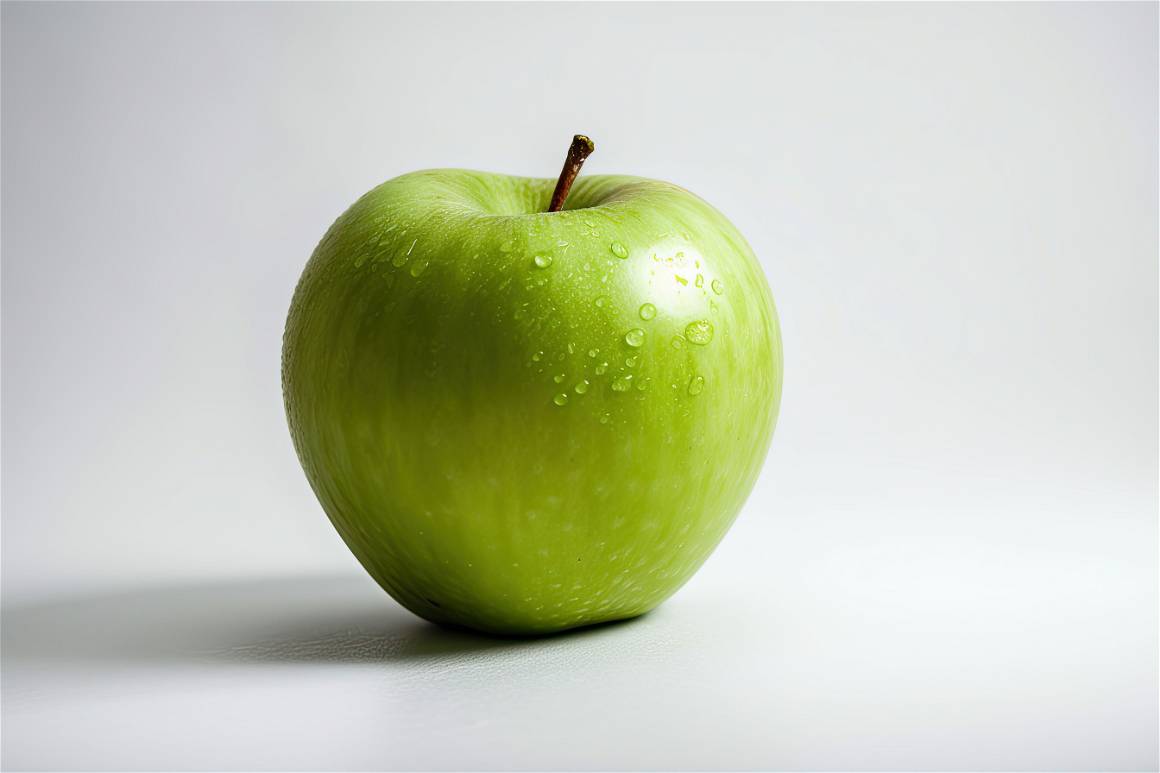
Defining Guidelines by Photo Agencies
Richard believes photo agencies and companies should define a guideline for AI-generated photos: “To a certain extent partners supply to the whims of the agency and the markets they serve. When it comes down to it, the agency and their editors are the gatekeepers of their product. I have, for example, agencies who don’t want illustrations, so I dont make illustrations with them in mind. Others have a more laissez-faire approach to the extent that they have developed a bit of a poor reputation. Whilst my illustrations are very obvious illustrations, many AI images are less easy to differentiate from real. As an agent in news imagery, I would anticipate that agencies such as Imago need to set parameters. It could, after all, be their reputation which is at stake.“
He continues by noting that another aspect in this regard is that of intellectual property and laws, which might differ from one jurisdiction to another: “If you leave it to your supplying partners to define the parameters you will get a mishmash of answers. To be honest I’m a bit in the dark as to what the IP implications would be if I supplied AI images to an agency to be sold. Many, mostly crowdsourcing platforms, have through the years delegated responsibility for any IP legal concerns to the suppliers, which in my view is a red flag to be careful of such platforms.”
In response to the question of what Richard would like to see addressed in these guidelines, he explains that he has already discussed the matter with other photographers, and they anticipate that it will become a legal requirement for AI-generated images to be identified as such.
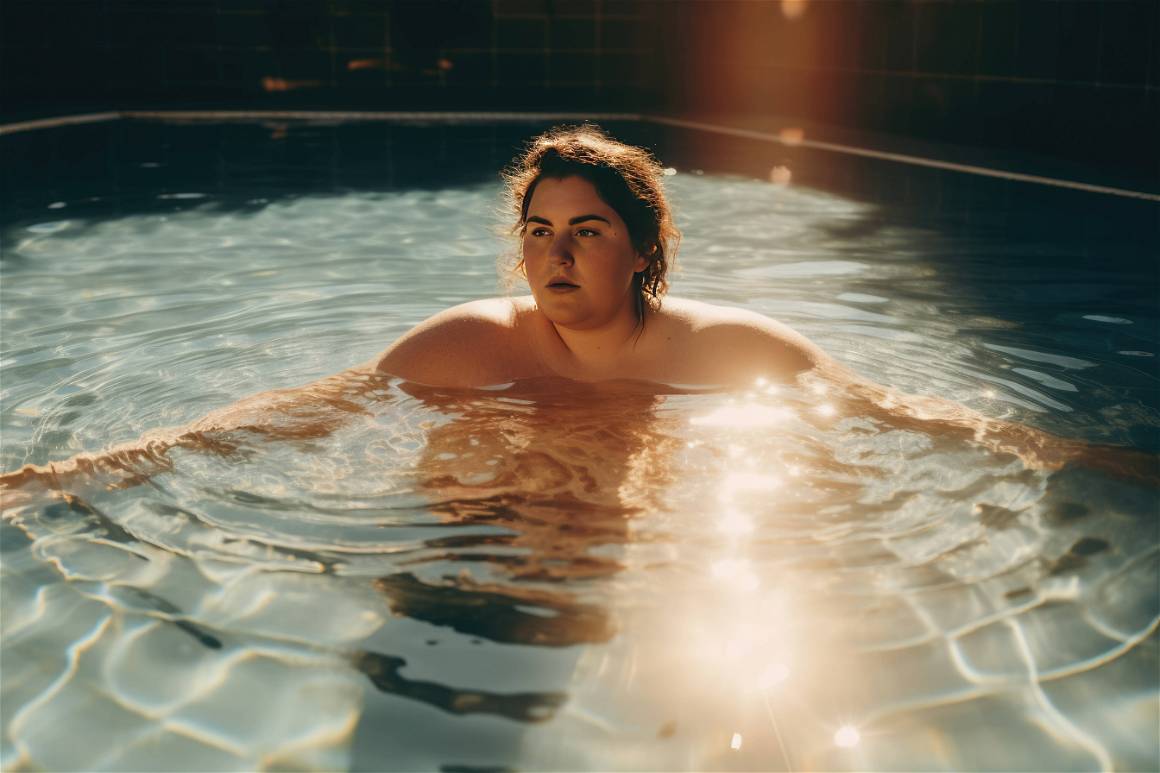
AI and Photography Industry
The emergence of AI technology is impacting the photography industry, both challenging and offering new possibilities for creating, enhancing, and automating various aspects of the photography process.
While experts see the transformative potential of AI in the industry, many photographers remain hesitant to embrace the technology, fearing potential threats to their profession. It appears dealing with this new technology requires careful consideration and decision-making by photographers as they weigh the potential benefits against concerns about the impact on their craft.
